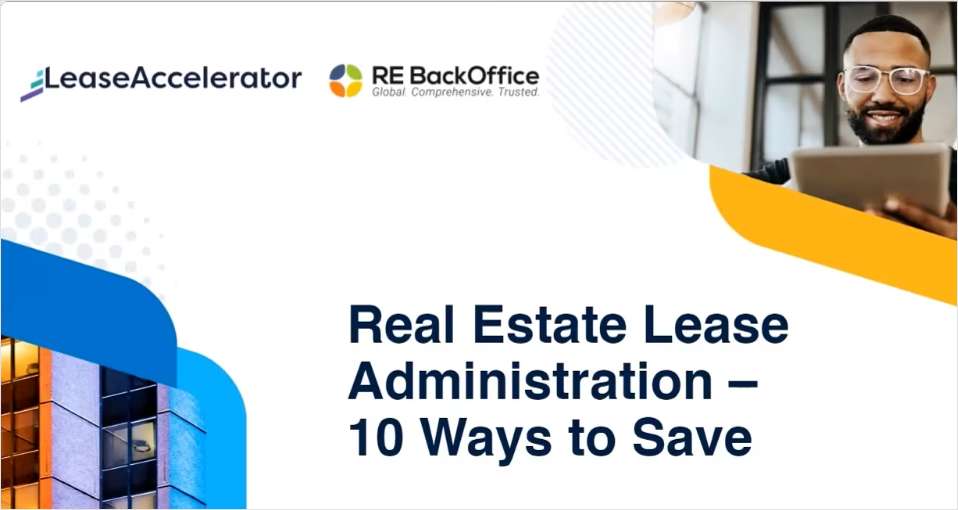CHICAGO—In recent years, the recovery of the US office market spread through much of the country, but in the first quarter net absorption slowed, according to new research from DTZ. Still, the company says demand for office space remained strong enough to push rents upwards in over 70% of the country.
Office markets absorbed 10.6 million square feet of space in the first three months of 2015, down 5% from the same quarter one year ago. Despite the slowdown, net absorption has been positive now for 20 consecutive quarters. And vacancy tightened by 10 bps from the previous quarter to 14.4%. DTZ tracked 80 metro areas and 60 reported occupancy gains, while 20 reported losses.
But Kevin Thorpe, DTZ's chief economist, Americas, says that seasonal factors explain the slowdown. "For six years in a row, absorption levels have been weakest in the first quarter of the year. The weakness is simply a function of weather, budget cycles, and other seasonal data quirks - it has never amounted to a sustained downtrend. Looking past seasonal volatility, job growth in most office-using sectors is as robust as nearly ever, which points to stronger occupancy gains and more aggressive rent growth in the coming months for the majority of the country."
Continue Reading for Free
Register and gain access to:
- Breaking commercial real estate news and analysis, on-site and via our newsletters and custom alerts
- Educational webcasts, white papers, and ebooks from industry thought leaders
- Critical coverage of the property casualty insurance and financial advisory markets on our other ALM sites, PropertyCasualty360 and ThinkAdvisor
Already have an account? Sign In Now
© 2024 ALM Global, LLC, All Rights Reserved. Request academic re-use from www.copyright.com. All other uses, submit a request to [email protected]. For more information visit Asset & Logo Licensing.








